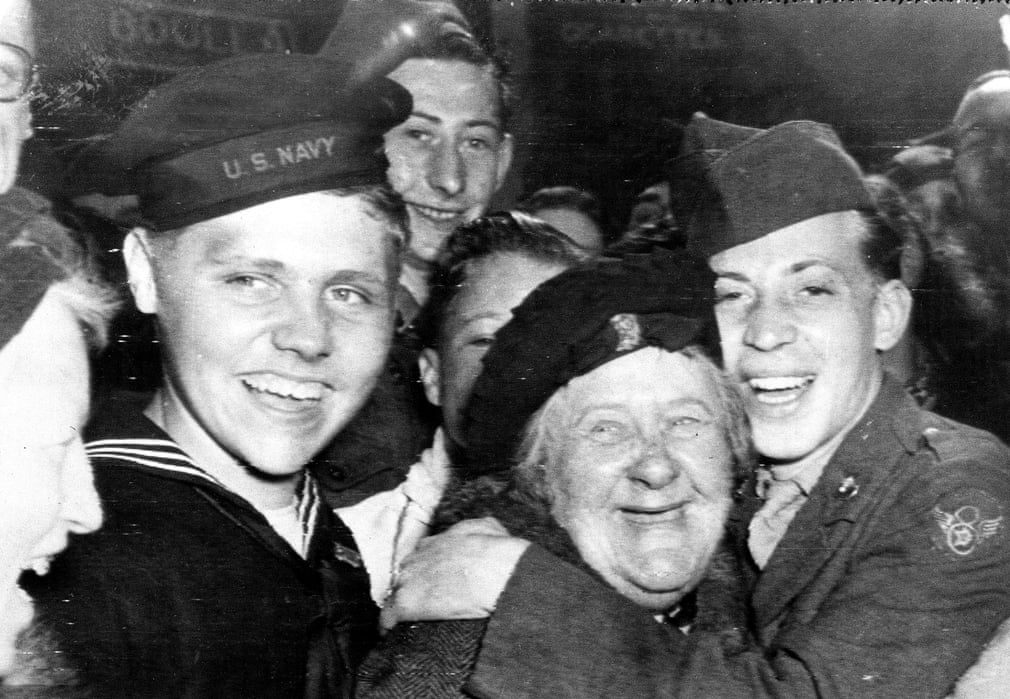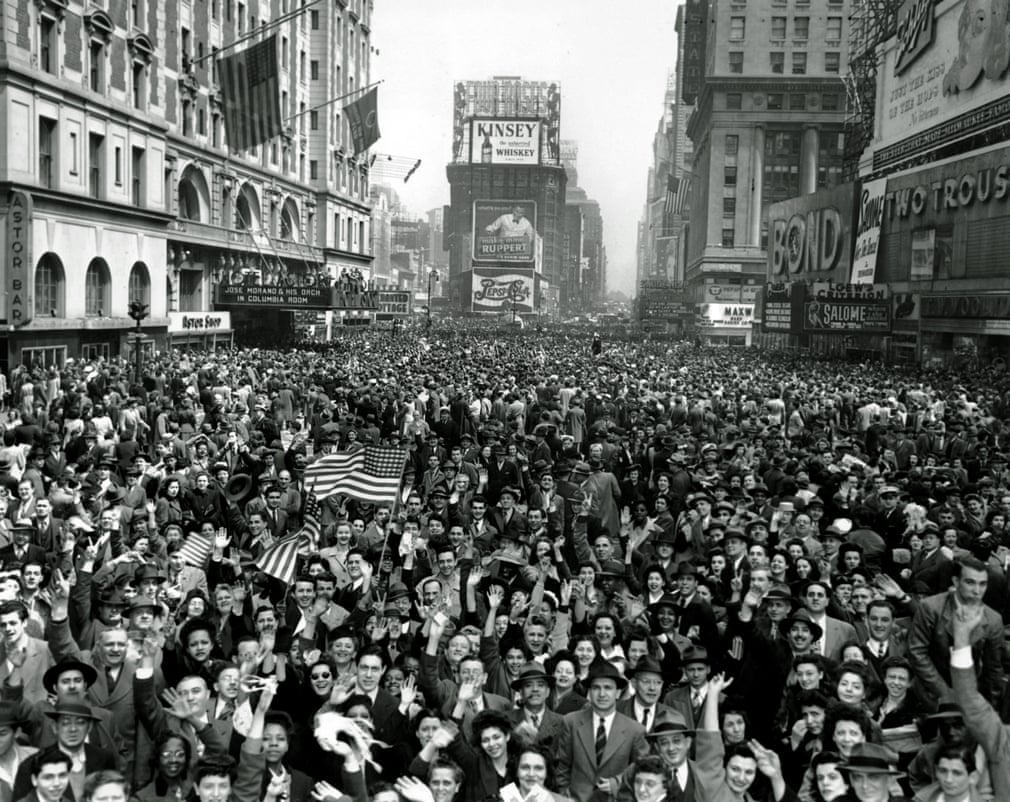Yesterday was the birthday of Gregor Johann Mendel. Born in Heinzendorf, Austria on the 20th July 1822.
When I was in school, I was enthralled by genetics (and even did a school-sponsored “advanced course” during my A-levels with the OU) and considered studying it as a degree. For me, Gregor Mendel is a true legend and a huge figure in the branch of genetics, within biology. The Austrian monk worked out the basic rules of inheritance well over a century ago by breeding pea plants that had sets of easily distinguishable characteristics.
But he remains largely unknown even today, whereas Darwin’s theory was accepted rather quickly in his day. At a meeting at the Brünn Natural History Society, Gregor Mendel read a paper about his findings. None of the forty-two present members probably thought it was noteworthy. Two years later, it was later published – in 1867 – as part of society’s reports. It was received by the Royal Society and the Linnean Society of London. It was only until 1900 that the three separate independent botanists specifically named Mendel by following in his footsteps.
The modern theory of evolution is a marriage in the ideas of Gregor Mendel and Charles Darwin. Darwin’s theory concerned evolution through fossils and historical lineages (i.e., shared features between different animals etc.), whereas Mendel proved inheritance through genes (via breeding peas). It’s a shame that neither of these great titans ever met one another, and probably didn’t know of each other’s works.
In certain respects, Mendel was quite lucky. Residing in a monastery, he cultivated lots of peas and may have specifically picked pea as the selection of their traits presented clear dichotomies. Plants could be either tall or short (but not in between) and bear either green or yellow fruit (but not greeny-yellowy) and so on. However, as we now know, many traits – especially in humans – cannot be reduced to a single gene and are highly variable (thus, hard to measure). At any rate, he was able to extrapolate that even in crosses between greater varieties, the number of possible recombinations must be very large.
What makes Mendel so amazing is that the system he conceived of (Mendelian genetics) was an incredible feat of imagination and inspiration – and especially patience!
Nowadays, we take this point of fact for granted; but – pausing to think about it – it is an enormous conceptual jump in abstraction and ingenuity.
So, hat tip to you Gregor Mendel, our forgotten hero.
 |
| This is the front of the monastery where Gregor Mendel lived in the present day, the Augustinian order of St. Thomas’s Abbey Monastery in Brno. |











